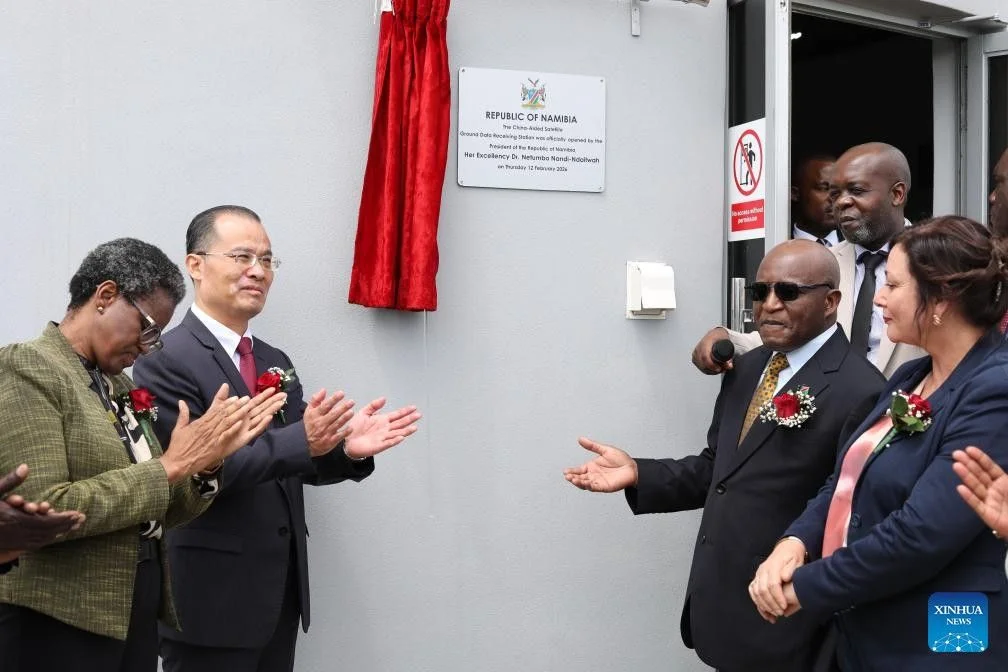Turkey is considering the creation of a unified fiber optic telecom infrastructure entity to accelerate broadband network growth. This move aims to streamline expensive infrastructure investments and could benefit smaller telecom providers, though it may challenge the dominance of Turk Telekom, the country’s largest telecom stakeholder.
The initiative is still in its early stages, with ongoing studies exploring options. A senior official, speaking anonymously, revealed that the government is looking into the possibility of consolidating telecom infrastructure and establishing a separate entity to manage it, which could help boost the nation’s fiber-optic network.
The consolidation would address sector demands for separating infrastructure investments and sales, establishing a common infrastructure holding company to manage the fiber-optic network. This approach aims to enhance Turkey’s broadband internet speeds and increase overall usage, while also ensuring more equitable access to infrastructure among telecom providers.
Turkey’s broadband expansion has been slow, with the network growing by only about 3% annually over the past decade. Operators have cited high costs and complicated permissions as key reasons for the sluggish progress.
Network Ownership and Industry Debate
Turk Telekom owns and operates 78% of Turkey’s 577,000-kilometer fiber network under a concession agreement set to expire in 2026. Other players like Turkcell, Turksat, and Vodafone own the remaining share. Both Turk Telekom and Turkcell are controlled by the country’s sovereign wealth fund.
Smaller telecom providers have long argued for a jointly owned entity to manage infrastructure investment rather than leaving it to Turk Telekom, which also sells telecom services. A similar attempt in the mid-2010s to create such an entity failed.
In July, Vodafone’s Turkish subsidiary suggested that infrastructure management and telecom service sales should be separated, with the infrastructure managed by a common entity. However, Turk Telekom’s CEO rejected this proposal in September, claiming it was an attempt to strip the company of its valuable infrastructure assets, which will revert to the government after the concession ends.
Turkey lags behind its peers in broadband usage, with only 23 subscribers per 100 inhabitants compared to the OECD average of 36. The country also trails in broadband speeds, with fewer than one high-speed subscriber per 100 people exceeding 100 Mbps, while the OECD average is 24.















